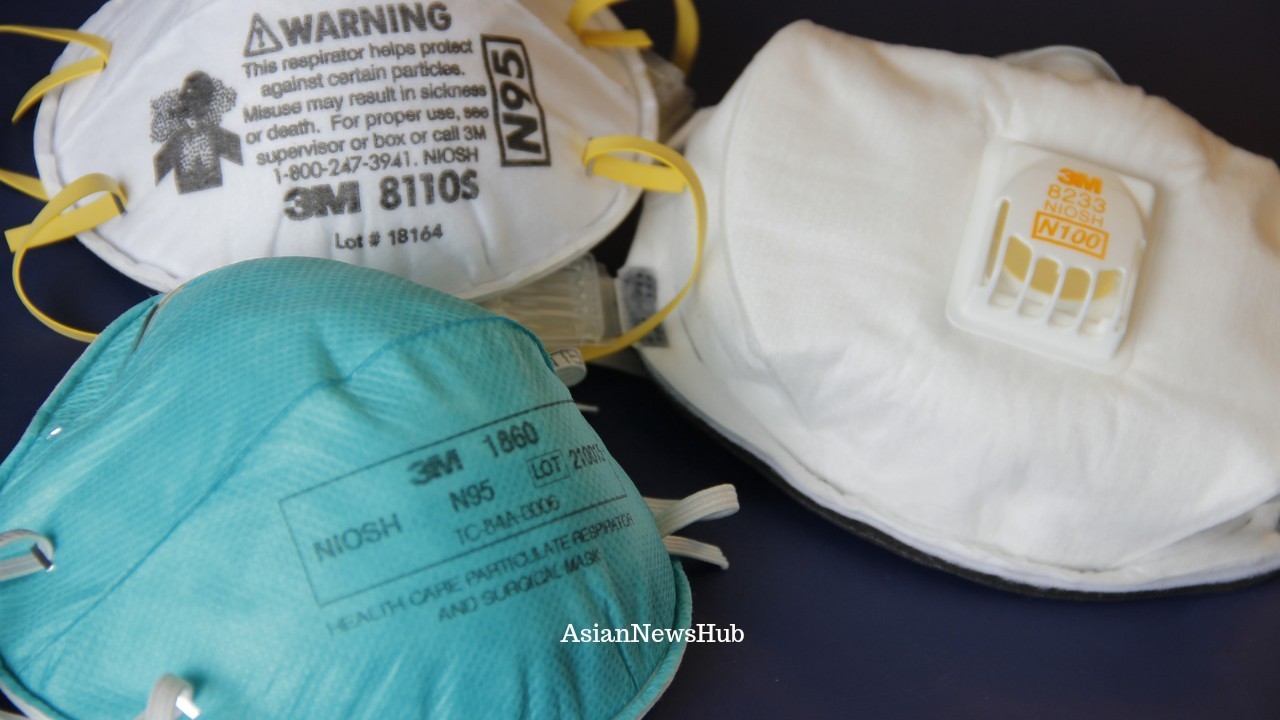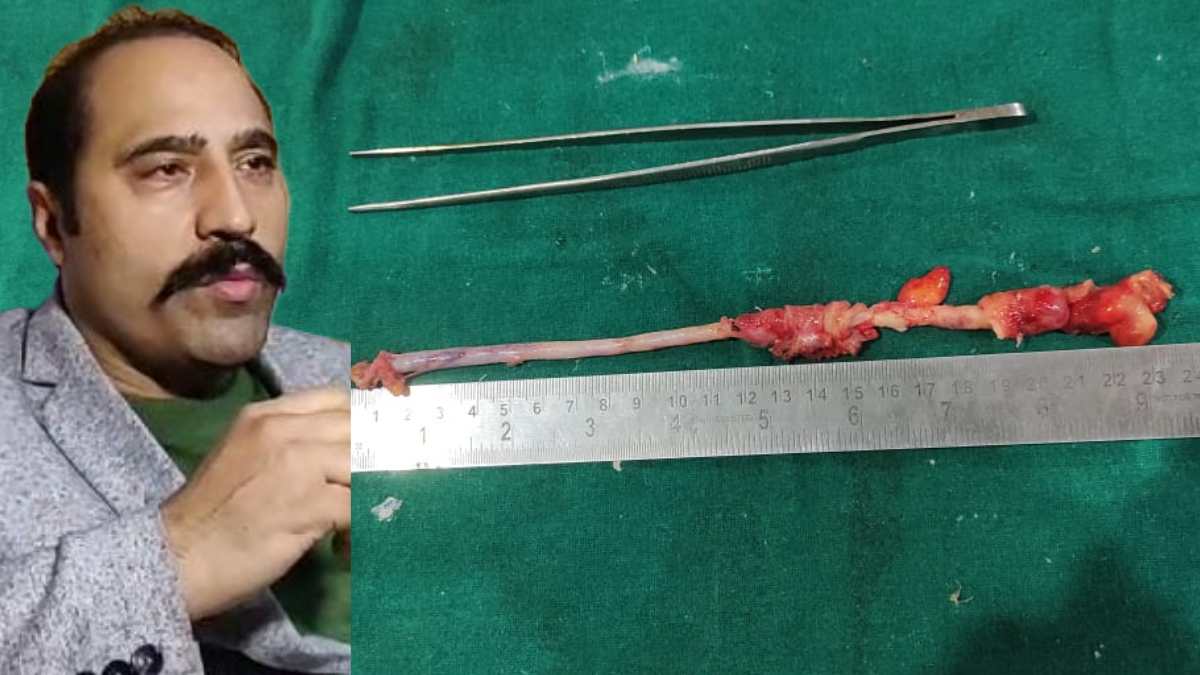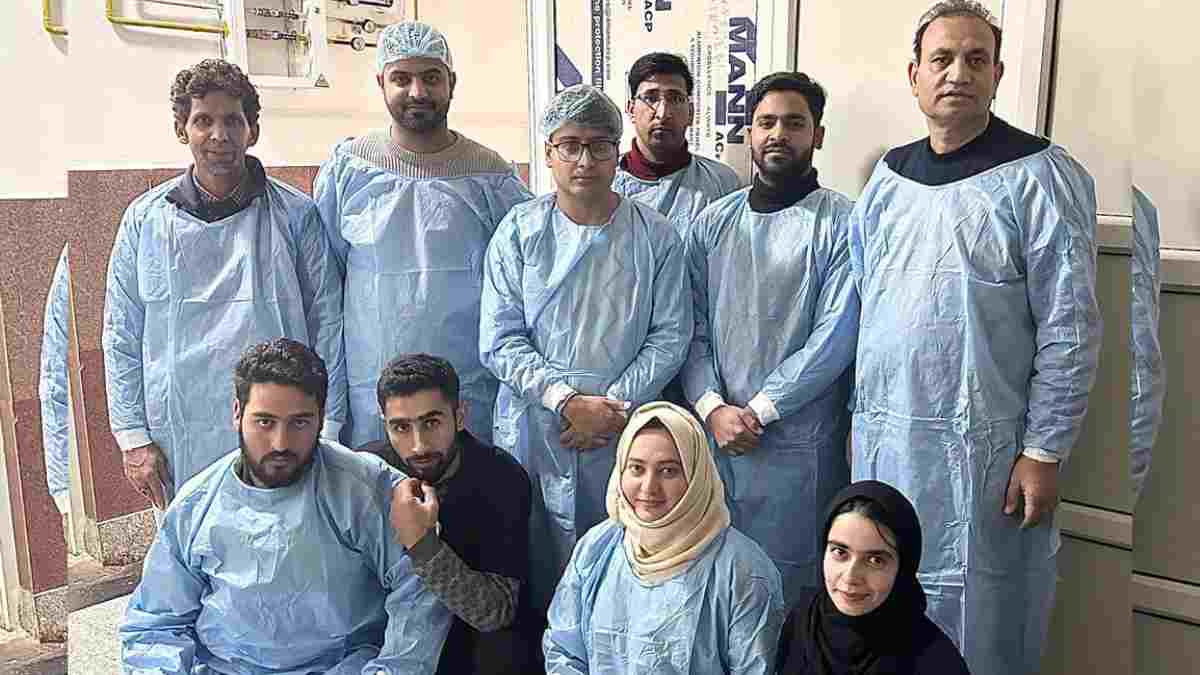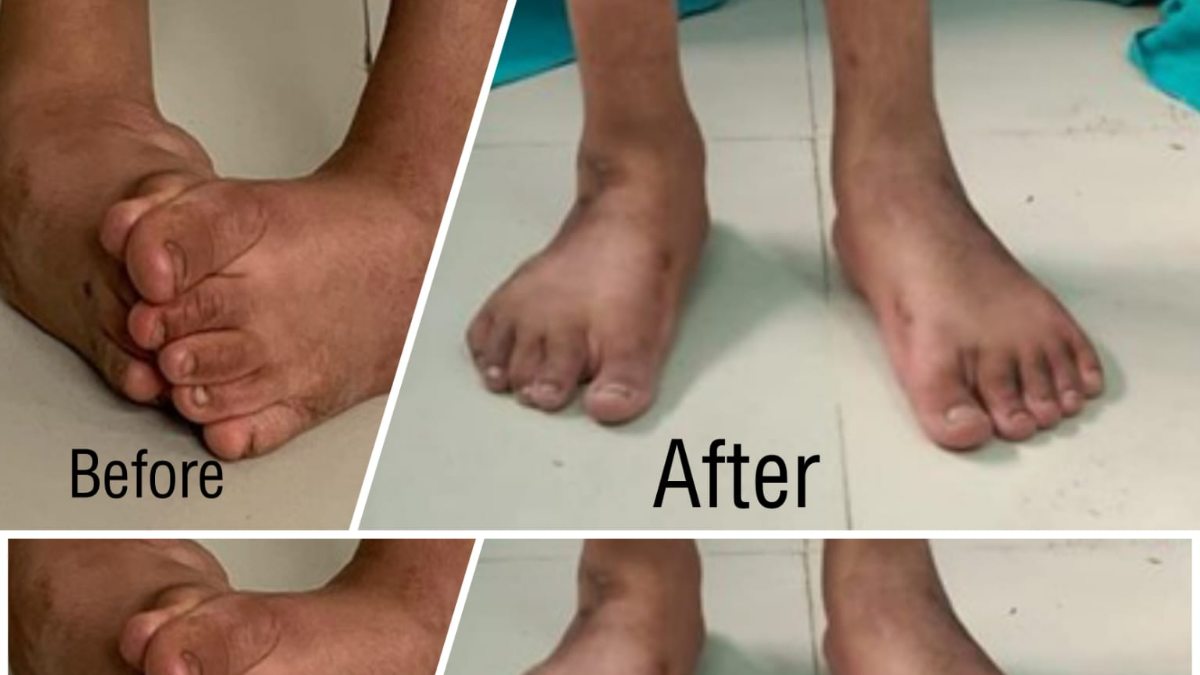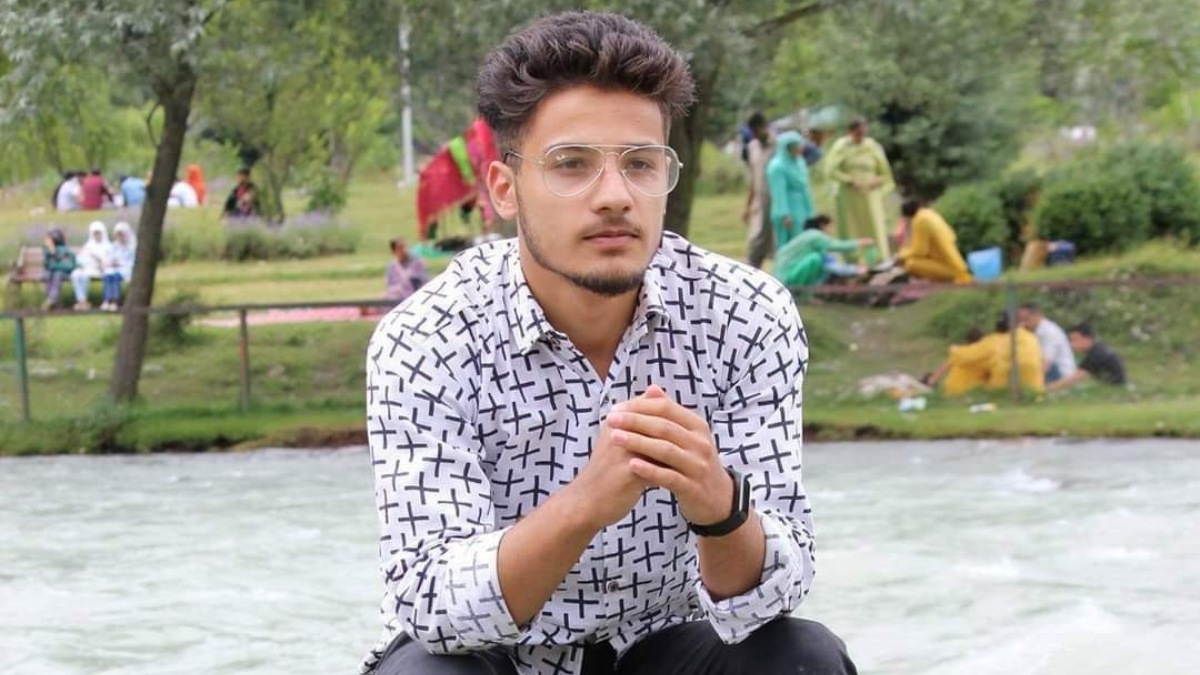(Asian News Hub) – AIIMS chief Randeep Guleria said on Sunday that the fact that coronavirus can be transmitted through aerosols makes it more contagious since these are much smaller and lighter particles than droplets.
Because of their small size, aerosols can hang in the air and travel a distance of even up to 10 metres. He emphasised the need to use N95 masks for staying safe from the deadly disease.
Until now the emphasis has been that coronavirus is transmitted predominantly through droplets while coughing or sneezing. However, a study published in the reputed British medical journal The Lancet this week concludes that coronavirus spreads predominantly through airborne transmission.
Since the disease is airborne a social distance of 3 metres is not enough to keep you safe and you can get infected even after a person has left the immediate vicinity as the virus could be lingering in the air.
Speaking on NDTV, Dr Guleria said the debate of droplets versus aerosols has been going on for the last eight or nine months but the fact that the disease can be transmitted through aerosols which can travel through longer distances in the air makes the disease more contagious.
He said the virus from an infected person can linger in the air for much longer when it is carried in aerosols as these are much smaller particles than droplets which drop to the ground in the immediate vicinity.
Thus while a social distance of 3 metres is enough in the case of droplets, when it comes to aerosols the distance which the virus can travel could go up to 10 metres.
He said it is essential, therefore, to keep all rooms well ventilated so that aerosols are not left hanging in the air. The doors and windows of a room should be kept open, he added.
Guleria also said that meetings should not be held in closed rooms as if there is an infected person he can leave aerosols in the air. These are left floating in the air even after the person has left.
The AIIMS chief said it was also important to wear N95 masks as these can effectively stop the virus. But he emphasised that the mask should be worn properly so that it completely seals the nose and mouth. One must ensure that no air enters from the sides of the mask. N95 masks are a must.
He also said that in the case of a surgical mask or cloth masks, which are not as effective as N95 masks, wearing two masks helps as this provides a double layer of protection.
But if it is an N95 mask worn properly, then one mask is enough, he added.
AGENCY


